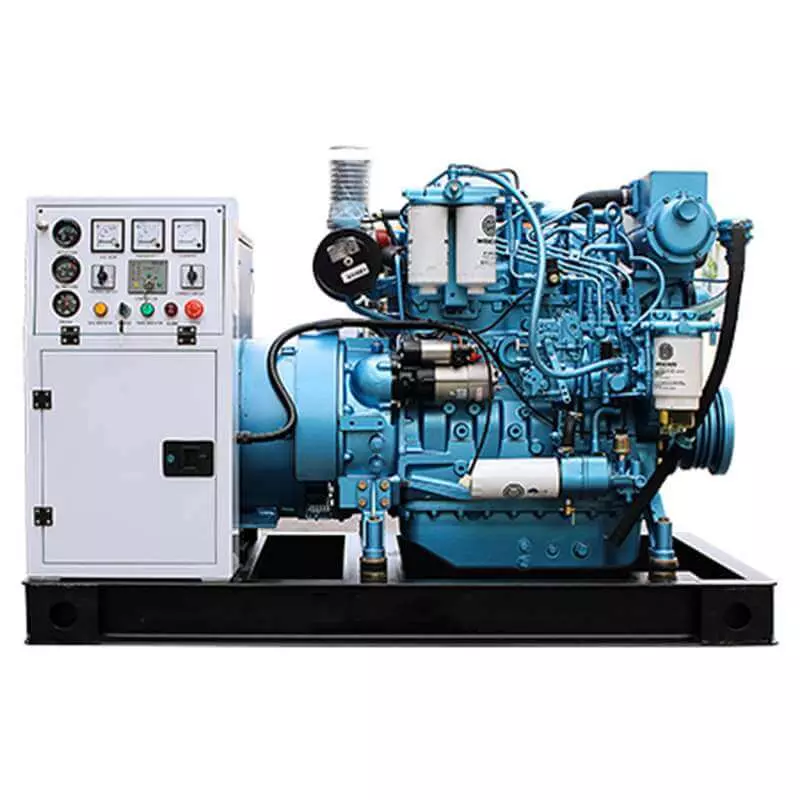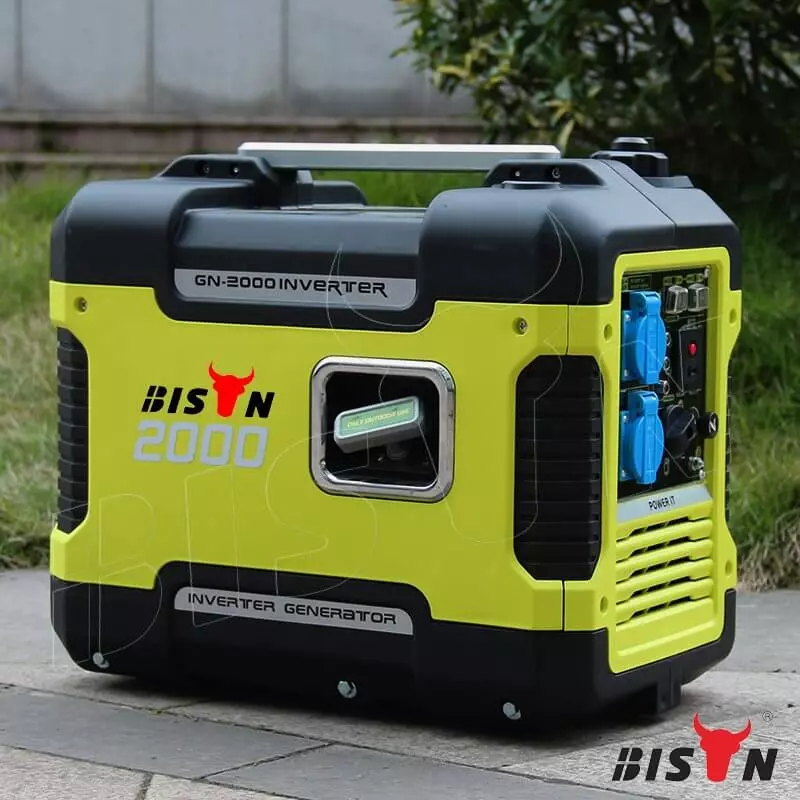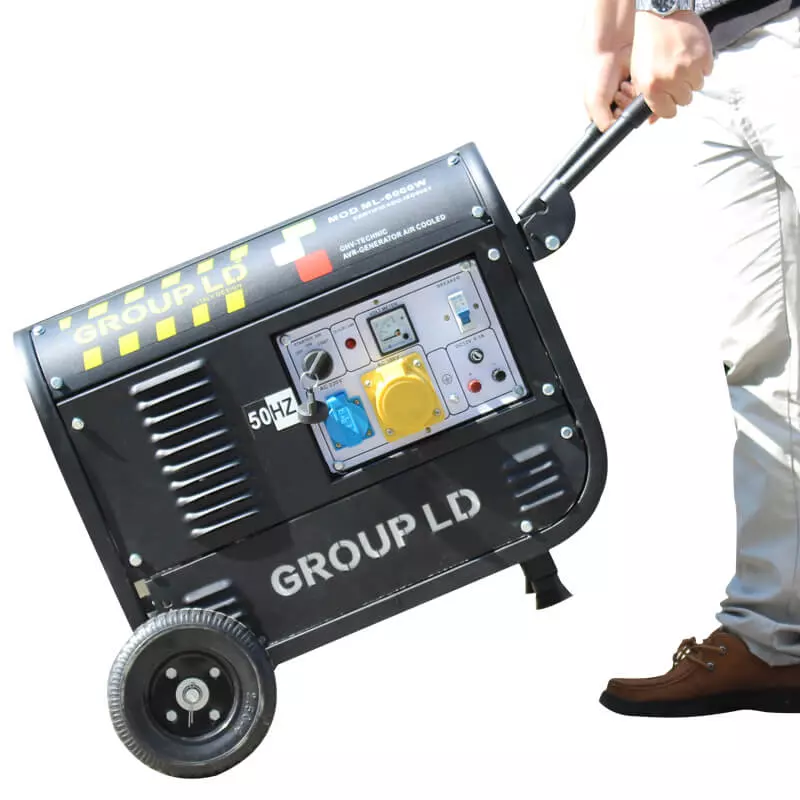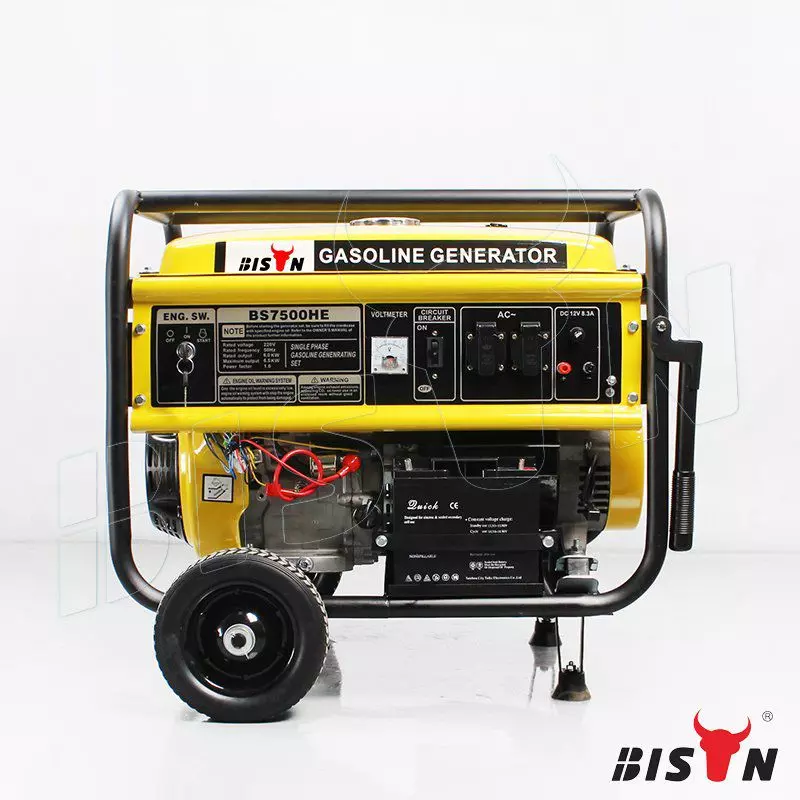Generator Hunting and Surging: Power Continuity
2023-03-16
Table of content
What actually does generator surging meaning? Have you seen lights flashing or fluctuating machine speeds (sudden shifts between fast and slow) when running on backup power? Power spikes produced by your generator are never normal and indicate that something is wrong with your generator.
In this post, we discuss generator hunting and surging and will go through the most prevalent causes of generator surges and hunting in generators, as well as potential solutions.
Introduction to Generator Hunting and Surging
When there is a problem like a generator surging at no load, generator surging under load, generator surging at idle or generator hunting problem (or another electrical component, equipment, or device) exhibits obvious differences in behaviour at regular intervals, this is referred to as surging. This is usually caused by one of three factors: incorrect fuel, low fuel levels, or poor fuel quality. A carburettor cleaning/overhaul, governor adjustment, and air filter replacement may be required.
When the driving torque delivered to an alternator is pulsating, such as when powered by a diesel engine, the alternator's rotor may be dragged ahead or behind its regular position as it spins. The oscillating movement of the alternator rotor is known as hunting.

Reasons for Generator Hunting and Surging
There are certain factors like generator engine hunting and surging under which generator maintenance is required or you can also take help with generator hunting troubleshooting for your generator safety or generator repair.
Age
Parts go out owing to normal wear and tear as generators age, making them subject to surging. Consider upgrading to a newer kind if you start having surges and your generator is nearing (or has beyond) its anticipated service life.
Fuel Issues
Fuel-related price increases are typically caused by one of three factors: improper fuel, limited fuel levels, or poor fuel composition. Most generators have certain fuel needs, and utilizing any sort of fuel beyond those constraints might result in operating problems, such as surges.

Inadequate Maintenance
Generators, just like any other item of equipment, require routine maintenance to keep them running at top performance. Ignoring your upkeep intervals might result in not just higher excessive wear, but also other more serious issues that could make your generator more susceptible to surges.
Defective components
In your search for the source of the surge, faulty components within your generator may be the culprit. Damaged capacitors are one example of a single component that inhibits your generator from producing and distributing power appropriately, resulting in irregular oscillations in power supply and distribution control.
The machinery starts unexpectedly.
Starting large machinery while on backup power can cause a surge in load. This may cause you to exceed your generator's power production capability, forcing the generator to struggle to meet power outage demands.
Load Unbalance
Depending on what you're trying to connect to backup power, load can rise and fall quickly. It is critical to ensure that the load is evenly distributed across all phases.
Solutions for Generator Hunting and Surging
The first thing you should check before proceeding is the quality of the gasoline in your generator. If you have gasoline in your tank that hasn't been stabilized and has been sitting there for more than a couple of months, fuel quality is almost probably a factor.
A clogged idle jet is the most common mechanical cause of a generator surge at idle.
If you've established that your gas is fine, that the generator has had time to warm up if it's cold, and that the idle jet is clear, your air-fuel mixture screw may be too tight, restricting the gasoline and resulting in an idle mixture.
A loose nut can create a gap between the carburetor and the intake, creating a vacuum for air to fill, as described in the previous step. Don't over-tighten anything or you'll peel the threads or crush the carburetor.
If you suspect your fuel is stale (3 months or older and hasn't been treated with a fuel stabilizer), detach a fuel line and empty and replenish the fuel to correct the surging produced by the load
There are several reasons why generators hunting and surging, including unbalanced loads, misaligned components, worn bearings, and loose bolts. These issues can lead to excessive vibration, which not only damages the generator but also affects its performance and efficiency.
If you are experiencing generator vibration, it is essential to contact the BISON generator after-sales team as soon as possible. We have the expertise and knowledge to help you diagnose the issue and provide the necessary repairs or replacement parts. Failure to address generator vibration can lead to costly repairs and even cause the generator to fail completely. Contact BISON's after-sales team today to ensure your generator is running smoothly and efficiently.




